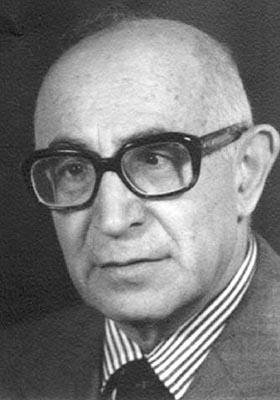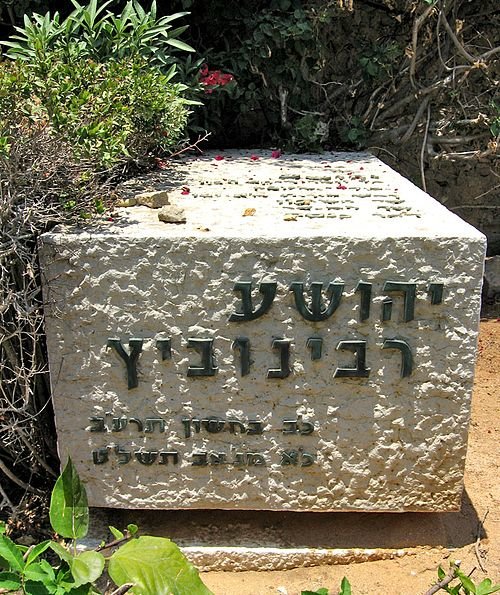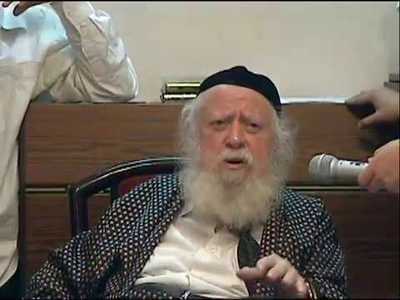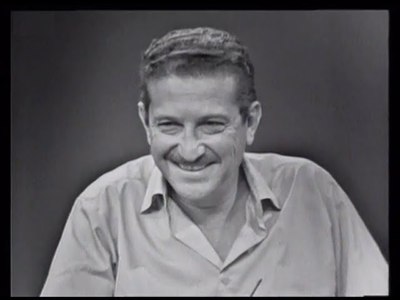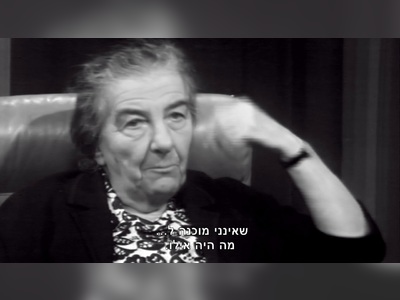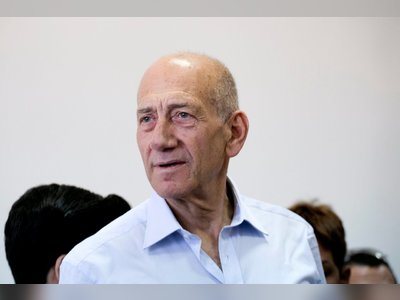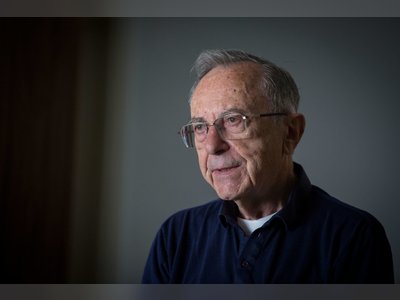מורשת גדולי האומה
בזכותם קיים
beta
Joshua Rabinowitz: A Life of Public Service
Joshua Rabinowitz, born on November 13, 1911, and passing away on August 14, 1979, was a prominent figure in Israeli politics and public life. He served as the seventh mayor of Tel Aviv, a Member of the Knesset (Israel's parliament), Minister of Finance, and Minister of Housing.
Early Life and Education
Joshua Rabinowitz was born in Vitebsk, within the Russian Empire (now in Belarus), to Joseph Menachem Rabinowitz and Miriam Robin. He completed his high school education at a Hebrew gymnasium and later received teacher training at a Hebrew seminar in Vilnius. After completing his studies, he worked as a teacher and school administrator in the "Culture" movement's Hebrew school.
Rabinowitz was an active participant in the "Hachalutz" movement, which focused on Jewish agricultural settlement in Palestine. In December 1934, he immigrated to the British Mandate of Palestine, joined the Labor Party of Eretz Yisrael (Mapai), and became involved in the General Federation of Labor (Histadrut). He was also a key figure in the Consumers' Cooperative Organization of the Histadrut. In 1938, he married Guta in Tel Aviv.
Behind the Scenes of Mapai's "Gush"
Rabinowitz was a significant behind-the-scenes figure in the "Gush" faction of Mapai within the early years of the Israeli state. This faction consisted mainly of veteran members, and it exerted substantial influence within the party, with David Ben-Gurion as its prominent face. Rabinowitz was known for safeguarding the faction's interests and maintaining secrecy until he was elected as Tel Aviv's mayor.
In Tel Aviv Municipality
In 1955, Rabinowitz was elected to the Tel Aviv City Council and served as Deputy Mayor from 1959 to 1969 during Mordechai Namir's mayoralty. In 1961, he also became the chairman of the Finance Committee and the Building Committee. After Namir resigned in 1969, Rabinowitz was chosen by the City Council to serve as Acting Mayor and was later elected as Mayor of Tel Aviv in the 1969 elections.
As Mayor, Rabinowitz spearheaded numerous urban development projects and initiatives. Some of these projects included the development of Tel Aviv's coastline, the construction of a new promenade, the renovation of the Yarkon Park (later named "Ganay Yehoshua" in his honor), the initiation of the Ayalon Highway project, and the planning of a subway system (though it was eventually shelved after the Yom Kippur War). He was also instrumental in establishing the Kiryat Atidim employment center. However, some of these projects faced criticism for their lack of environmental considerations and overspending.
Rabinowitz was deeply committed to improving the city's education system, founded the Tel Aviv Foundation for Literature and Arts, and supported the growth of Tel Aviv University.
Minister of Housing and Finance
In 1974, following his mayoralty, Rabinowitz was appointed as Israel's Minister of Housing and later became the Minister of Finance in Prime Minister Yitzhak Rabin's first government. During his time as Finance Minister, Rabinowitz had to address economic challenges, including inflation, rising oil prices, and the need to balance the budget.
To combat inflation and address currency-related distortions, Rabinowitz introduced a policy known as "crawling peg," which allowed the Israeli pound to gradually adjust its value against the U.S. dollar. This policy aimed to stabilize the economy amidst high inflation, which had reached around 50% during his term. His famous statement during this time was, "A year ago, we were standing on the edge of an abyss, and since then, we have taken significant strides forward," reflecting the economic challenges Israel faced.
Shortly before his passing, Rabinowitz was appointed as the Chairman of Tel Aviv University's Board of Governors.
Legacy and Honors
Joshua Rabinowitz left a lasting legacy in Tel Aviv and Israel. The Tel Aviv Foundation for Literature and Arts, established during his tenure as Mayor, bears his name in his honor.
In 1982, Tel Aviv named the Yarkon Park "Ganay Yehoshua" (Yehoshua's Gardens) to commemorate his contributions to the city.
Several streets in Bat Yam and Holon were also named after him.
Joshua Rabinowitz passed away on the 21st of Av, 5739 (1979), and is buried in the Trumpeldor Cemetery. He is survived by his wife Guta and their three children.
In recognition of his dedication to public service, Joshua Rabinowitz's name lives on in the institutions and landmarks he helped shape during his lifetime.
- יהושע רבינוביץhe.wikipedia.org
